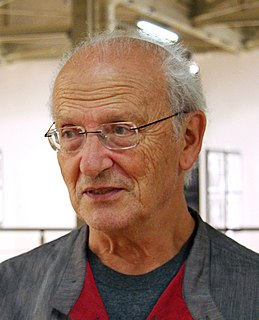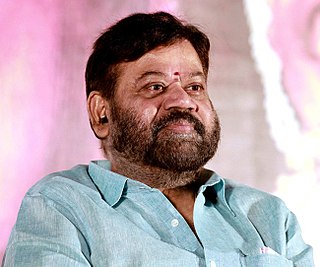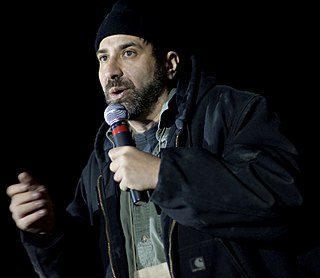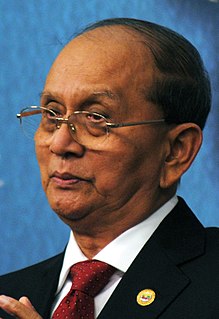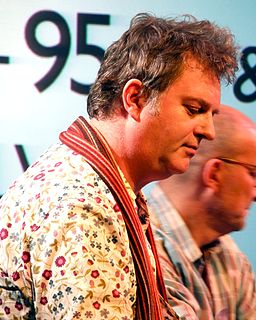A Quote by George R. R. Martin
It was a story called ‘The Hero’ which I sold to Galaxy magazine in 1970, for $94.
Related Quotes
I was co-editor of the magazine called The Jazz Review, which was a pioneering magazine because it was the only magazine, then or now, in which all the articles were written by musicians, by jazz men. They had been laboring for years under the stereotype that they weren't very articulate except when they picked up their horn.
In a way it was a modern story but it played to all those 1980 slasher movies. We did the same thing with this. Patrick wanted to do a 1970's road movie and if you'll see, this is a modern story but it's got so much 1970's in your face feel to it. So that was the point, to take that stuff that we loved growing up and sort of do it for today. I think we accomplished it. We'll see.
When I was little I knew my father had been an orphan and had lived in an orphanage. I was curious, but my father wouldn't satisfy my curiosity. He told only one story about the orphanage, and that was of sneaking out and buying candy, which he sold to other orphans. He said he had a pretty good business going - till he was busted! I guess he told that anecdote because he was the hero of it and I suspect he was rarely the hero as a child, more often the victim. There's a photo of the actual orphanage on my website, and you can see it's a forbidding looking place.

